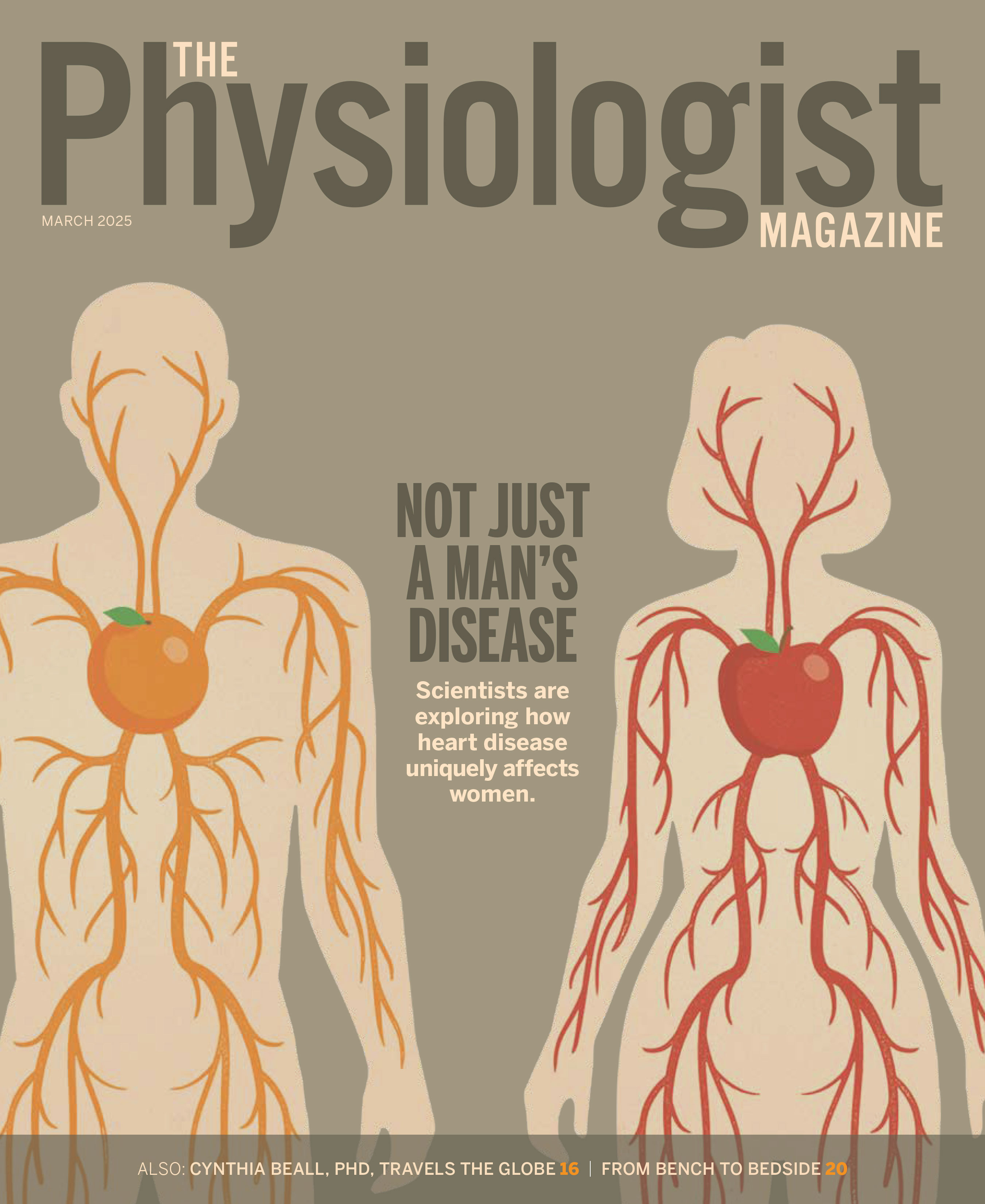Understanding Women's Physiology Across the Lifespan
What started as a curiosity about women's health led this researcher to graduate school.

Rauchelle Richey, PhD, is a postdoctoral scholar in the exercise and environmental physiology laboratory of the Bowerman Sports Science Center at the University of Oregon. Her research interests focus on women’s physiology during health and disease across the lifespan. Here's what she shared with us:
5K TO GRADUATE SCHOOL. Following each of my first two pregnancies, I wanted to regain my fitness. Being goal-oriented—and loving a good “free” T-shirt—endurance racing was the logical choice. As my goals shifted from 5Ks to triathlons, I wanted to optimize my training efficiently and effectively so I could train hard, recover and perform my best while fulfilling the demands as a stay-at-home mom.
This thirst for understanding led me to various books and podcasts, with one book called “ROAR” becoming my tipping point. The authors state that most information on female athletic performance has been adapted from research conducted exclusively on men. This statement took up residence in my mind, and the more I reflected on it, the more I asked myself “Why don’t you do something about it?” This question led me to graduate school and continues to fuel my scientific passion today. What started out as a curiosity of an understudied area has evolved into a pursuit to improve the understanding regarding women’s physiology across the lifespan in health and disease.
“What started out as a curiosity of an understudied area has evolved into a pursuit.”
LAB MISCHIEF. I have a favorite lab prank: One of the University of North Texas Health Science Center’s faculty had a birthday the same day as our department retreat, so I organized a group of us to wear shirts with his face on them and surprise him. This later backfired, as dear friends and colleagues wore shirts with my face on them to my dissertation defense.
SCIENCE HERO. I’ve got a running list of scientists I would have loved to have met, but the one at the top is Loring B. Rowell, PhD (who died in 2020). He and his colleagues did amazing research, work that is now seminal in our field. I would ask him what he thinks the most important scientific question is, why he chose the path of a scientist, what his favorite scientific hypothesis to debate is and what his thoughts on current research that stems from his work are.
RESPECT AND KINDNESS. I love everything about science, from project conception to grant writing, data collection, analysis, interpretation, and writing and presenting. I tolerate participant recruitment as it can be all-consuming, but working with human participants is a humbling reminder of those directly impacted by the work we do, so I guess I like that too.
I do not enjoy the politics and bureaucracy that infiltrate academia and research. These things shift focus away from what truly matters. The best advice I was given to try to combat this is to influence what I can within my sphere. In that regard, I try to show respect and kindness to those around me, conduct science with integrity and acknowledge any potential biases that I may have when evaluating others’ work. I am not perfect, but effort counts, so I keep trying.
Do you know someone we should meet? Email us at tphysmag@physiology.org and tell us more.
This article was originally published in the November 2024 issue of The Physiologist Magazine. Copyright © 2024 by the American Physiological Society.
The Physiologist Magazine
Read the Latest Issue
Don’t miss out on the latest topics in science and research.
Contact Us
For questions, comments or to share your story ideas, email us or call 301.634.7314.


